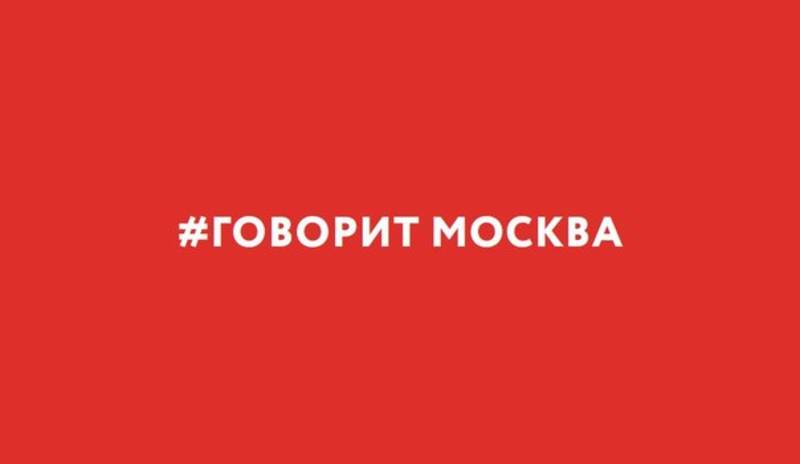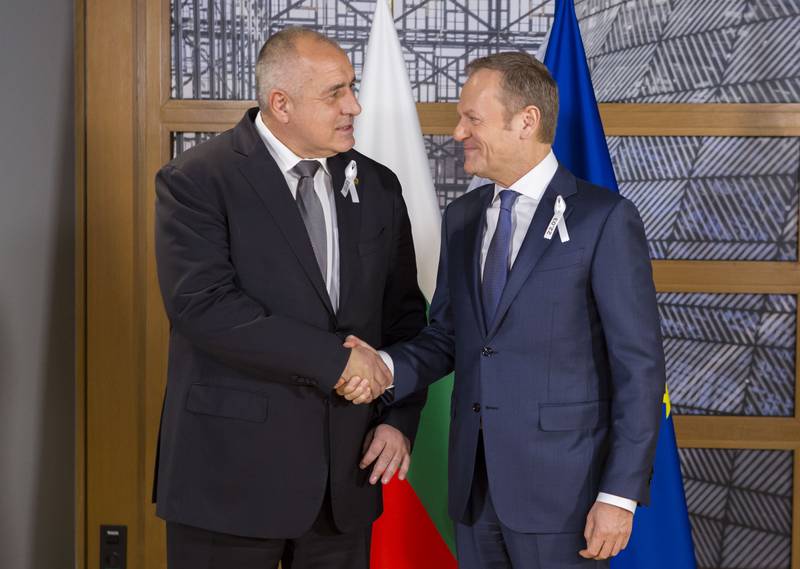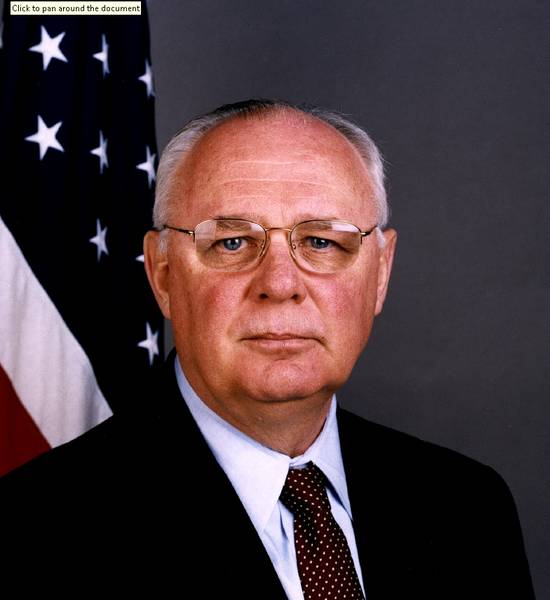Dialogue with Russia Seems Civilisationally Impossible
Adelina Marini, June 12, 2015
Since the annexation of the Ukrainian peninsula of the Crimea the Russian government has been trying to redirect the attention of Russian, and international public for that matter, to World War II. Instead of finally beginning a debate about the crimes perpetrated by the Soviet regime but also the crimes of the current Russian power the Kremlin propaganda is splashing the public domain with accusations to the West of crimes perpetrated decades ago, which have been long time ago condemned and are believed to be something that should never happen again. The latest provocation came in April when the Russian foreign ministry published a report on neo-Nazism. The report, however, has a very selective coverage. The report deals only with the EU member states plus some non-EU countries, Canada and USA.

In the foreword to the report published on 4 April Russia Foreign Minister Sergey Lavrov points out that the report "Neo Nazism — a dangerous threat to human rights, democracy and the rule of law" was prepared on the occasion of the 70-th anniversary of the end of World War II. He says that the "vaccine" produced with the Nuremberg trials is starting to languish, on the way is propaganda of Nazi ideas and values, radical nationalists are raising their heads. The reports claims that in the past 20 years more than 30 thousand Serbs in Croatia were forced to turn to Catholicism which caused some debate in Croatia. In an interview [in Croatian] with one of the most circulating dailies in the country, Vecernji list, Russia's ambassador in Zagreb Dmitry Zykov claims that the information in the report was gathered from various sources like embassies, non-governmental organisations, including those working in Croatia and dealing with human rights and minority rights.
The journalist who took the interview, Sandra Veljkovic, however, wanted to know why the report fails to mention that many of the incidents in Croatia were processed and why the report does not mention the Bulgarian party Ataka which fights against Roma and Turks and is pro-Russian. "Isn't this report selective?", she asks. "I wouldn't go into parts on other countries. Every report of this kind is selective because the aim is to show the existing cases and incidents. Of course there is some sort of selectivity". He also says that although in Russia there might be problems the authorities are working constantly and are leading a decisive battle with all kinds of extremism, nationalism and hatred.
In a joint response on 10 June the EU says that the report contains factual inaccuracies and selective information about the situation in the EU and its member states. Besides, the report is geographically incomplete because there is no chapter on Russia, the statement reads. "The European Union regrets that Russia tries to establish parallels between current and past political developments in the context of the ongoing crises. The European Union is committed to the global fight against racism, racial discrimination, xenophobia and related intolerance, including anti-Semitism and neo-Nazism", the joint response continues.
The report also fails to mention information about parties that have close relations with Russia. For instance, in the part on France there is no mention whatsoever of the far right party Front National of Marine le Pen or Hungary Prime Minister Victor Orban's party. Moreover, in the chapter on Hungary it is pointed out that there is a clear division between the ruling party Fidesz and the nationalist party Jobbik. Given that Russia has introduced a strongly restrictive legislation on non-governmental organisations, especially those funded by Western donors, it is not quite clear what grounds the information of the NGOs was collected on.
There is no doubt that the report is part of the Russian propaganda aimed at further dividing the European societies. This does not contribute to the dialogue about extremism and neo-Nazism which, indeed, is a problem in Europe but which is quite successfully fed by Russia itself. This latest act by the Kremlin shows that dialogue with Putin's Russia is civilisationally impossible which creates tough challenges for the EU and its allies.
 Kolinda Grabar-Kitarovic | © KGK
Kolinda Grabar-Kitarovic | © KGK Jozo Rados | © European Parliament
Jozo Rados | © European Parliament Aleksandar Vucic, Andrej Plenkovic | © Vlada RH
Aleksandar Vucic, Andrej Plenkovic | © Vlada RH Boyko Borissov, Donald Tusk | © Council of the EU
Boyko Borissov, Donald Tusk | © Council of the EU Boris Johnson | © Council of the EU
Boris Johnson | © Council of the EU James W. Pardew | ©
James W. Pardew | ©